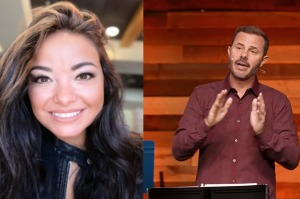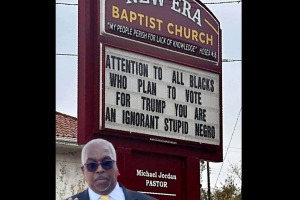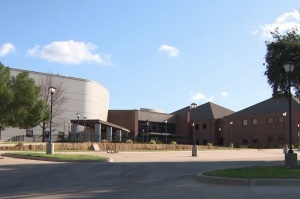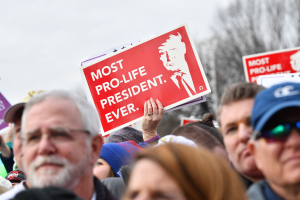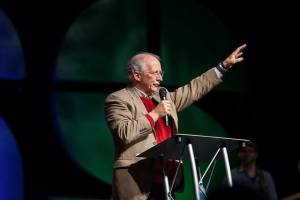Politicians who want churches to remain closed 'hate faith,' Ted Cruz says
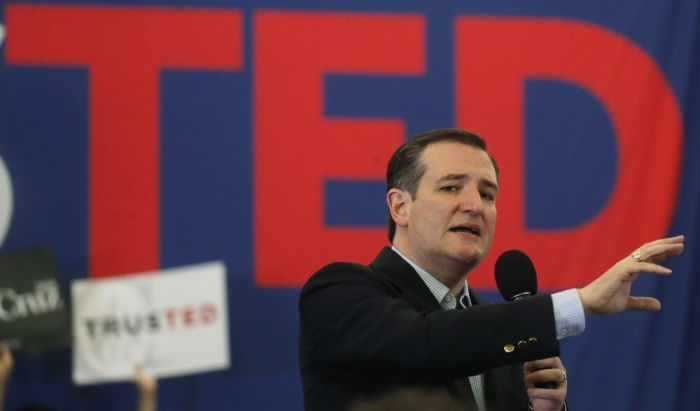
Sen. Ted Cruz of Texas on Thursday said that progressive elected officials who are issuing orders to curb the spread of COVID-19 that restrict churches but not secular entities do so because they “hate faith.”
On an episode of “First Liberty Live!” streamed online by the First Liberty Institute on Thursday, Cruz spoke about constitutional rights and states' lockdown orders that were initially put in place to ensure hospitals were not overwhelmed with COVID-19 patients but have been extended by some state governors and mayors.
Cruz said he believed “crisis reveals character” and as a result, Americans were seeing some politicians act as “jack-booted authoritarians” by going after religious groups.
“It’s one thing to put reasonable public health restrictions in place, it’s another thing to arbitrarily trample on liberty,” Cruz said.
The senator argued that “there are these politicians on the left who hate faith, who have a demonstrable antipathy to people of faith, to Christians, to observant Jews, to anyone for whom faith is anything real and tangible in their lives.”
He cited as an example New York City Mayor Bill de Blasio and his controversial comments in which he said he would permanently close down any church found in violation of the city's gathering restrictions.
“[De Blasio] repeatedly has demonstrated an over-eagerness, a zealousness to target people of faith,” Cruz said.
“No tin-pot mayor has the power to permanently close down any church or any synagogue, and the fact that they are licking their lips trying to put a padlock on the church demonstrates that level of antipathy.”
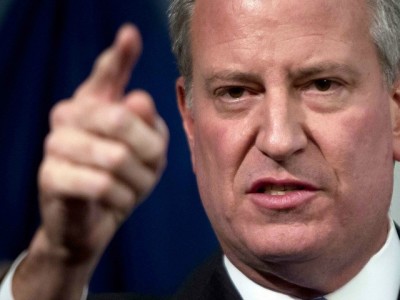
Cruz also defended drive-in church, in which congregations gather in parked cars practicing social distancing in worship, denouncing the efforts of some to close such services down.
In Massena, New York, Pastor Samson Ryman was warned that he would face a fine of up to $1,000 for holding a drive-in church service on May 3 with 23 worshipers in 18 vehicles, which the chief of police said was a violation of Gov. Andrew Cuomo’s COVID-19 Executive Orders. Last week, Cuomo said churches can begin hosting drive-in worship services as long as they follow “strict social distancing guidelines.”
In April, the Department of Justice intervened after authorities in Greenville, Mississippi, fined attendees at a drive-in church service $500 each for purported violations while permitting citizens to attend nearby drive-in restaurants.
Cruz said such efforts to punish attendees of such services “absurd” and criticized it as an example of “targeting and singling out people of faith because they are people of faith.”
“There is no coherent constitutional argument that a massage parlor or a bar is somehow more protected, more constitutional privileged, more sacred, more worthy of legal protection than a church service,” Cruz said.
Cruz also talked about how his church has put a halt on in-person worship for three months, so he and his family watch worship services on Zoom instead.
In addition to Cruz, the episode also featured comments from First Liberty Institute President & CEO Kelly Shackelford, whose organization hosted the livestream.
Shackelford explained that when it comes to the debate over churches reopening, “the good news is in most places, churches who want to can open up safely.”
“We’re going to have to fight in some places,” said Shackelford, noting that there are “petty tyrants” who want to keep church buildings closed until a COVID-19 vaccine is developed, which he said is “unacceptable.”
Some churches have filed legal action against state and local governments, arguing that they are not treating houses of worship fairly when planning out which entities can open up and when.
For example, Church of the Word of Fenton, Missouri sued St. Louis County over a local order limiting in-person worship to 25% capacity while secular businesses are allowed 100% capacity.
“We are actively engaging with the civil realm to make sure that the establishment of religious liberty and freedom of speech isn’t lost in these days [of] government expansion and fear,” stated the church.
















